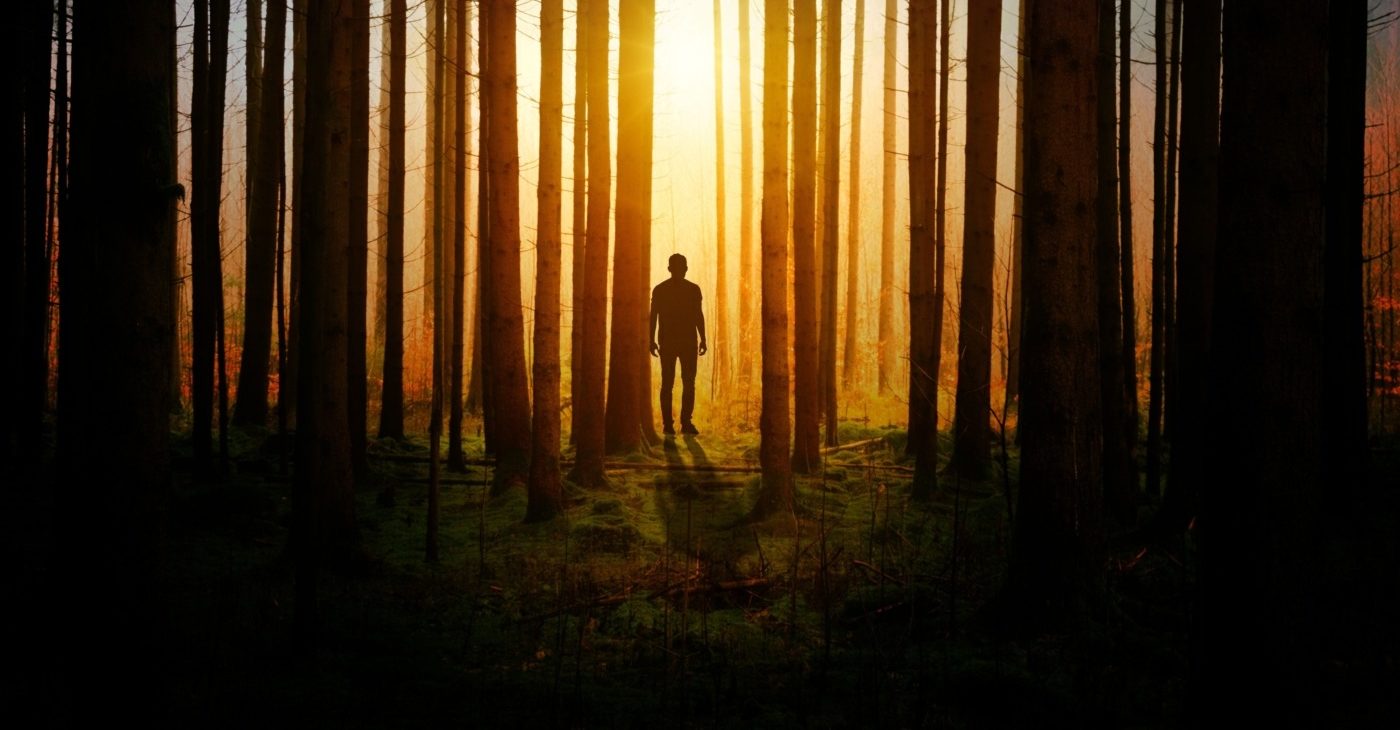A beginner’s guide to the most important dystopian literature
While it may not be the most uplifting, dystopian fiction is one of the most important literary genres for young people to engage with. Tackling polemical issues like environmental crises, repressive government regimes and toxic warfare, these novels construct a striking warning to mankind. The aim? To prevent the recurrence of past mistakes and the creation of new ones.
1984 – George Orwell
Responsible for the familiarisation of terms like ‘Newspeak’, ‘Room 101’ and of course, the popular TV reality show Big Brother, this is perhaps one of the best-known works of dystopian fiction. Originally published in 1949, Orwell’s narrative provides a unique and hard-hitting account of a population living under the control of Oceania, a superstate run by party-leader ‘Big Brother’, a repressive unknown government entity. Daily life consists of warfare, political propaganda, censorship, surveillance and the persecution of individuality. This causes protagonist Winston Smith to seek private forms of rebellion. An outcry against corrupt and authoritarian government practice, this novel is truly one for your literary bucket list.
A Clockwork Orange – Anthony Burgess
This satirical black comedy concerning the violent gang culture of a near future sparked fierce debate upon its initial release in 1962. The novel is narrated by Alex, a young man with a taste for assault, theft and rape. However, it is the accidental murder of an old woman that proves to be his undoing. He is sectioned by the government and is forced to undergo the ‘Ludovico Technique’, a brutal kind of behaviour modification therapy which causes him to become physically ill when exposed to violence. Written in striking Anglo-Russian slang, Burgess’ novel is a relentless discussion of the tension between governmental control and free-will, punishment and reform.
Readers are given an all-access pass to Offred’s mind, body and soul
The Word for World is Forest – Ursula Le Guin
Winner of the Hugo Award for its contribution to science fiction in 1973, this inspired novella is now a canonical work of eco-criticism. The Athsheans, the inhabitants of Athshe, have been colonised for logging and personal slavery by barbaric military Terrans who have exhausted earth’s environmental resources. Eventually, the previously non-violent Athsheans resort to retaliatory violence in order to avenge their raped and murdered relatives and regain control of their planet. This book is a powerful comment on the turmoil of Guerrilla warfare, such as that of the Vietnam War during which Le Guin wrote. But it also advocates the importance of an environmental consciousness in the age of petro-culture and the Anthropocene.
The Handmaid’s Tale – Margaret Atwood
This 1985 novel is now a successful TV series for a reason. It follows the life of Offred, a handmaid imprisoned in the totalitarian theocracy of Gilead. She is constantly under surveillance and forced to perform childbearing rituals in order to combat the declining birth rate of this radiation-ridden society. Readers are given an all-access pass to Offred’s mind, body and soul. Atwood therefore creates one of the most open and profound discussions of sexuality, social class, female oppression and religious fundamentalism. In an interview, Atwood explained that her novels contain nothing “that we haven’t already done, we’re not already doing, we’re seriously trying to do”, which makes this masterpiece all the more harrowing.
Despite having an unusually happy ending for a dystopian novel, this is the ultimate text on social collapse
Blindness – José Saramago
Published in 1995, Blindness is a highly unique post-apocalyptic novel surrounding the sudden outbreak of a blindness epidemic. It follows an assortment of characters affected including a doctor, his wife and several of his patients, who are the first to be quarantined in an old asylum guarded by soldiers in attempt to contain the disease. But complete anarchy unfolds and those affected face starvation, poor hygiene, rape and terrorisation by their violent inmates. Despite having an unusually happy ending for a dystopian novel, this is the ultimate text on social collapse, seeing law, order, social services, education and the military go into lockdown due to a nationwide health-scare.
The Road – Cormac McCarthy
McCarthy’s similarly post-apocalyptic 2006 novel features a nameless dying man and his son who are travelling across America towards the ocean amidst the aftermath of an unexplained mass-scale tragedy. Perhaps one of the most solemn portraits of the future ever produced by dystopian literature, the novel is set in a barren landscape of ash where the only remaining humans are driven by an instinctual need to survive, with many resorting to savage cannibalism. Mysterious and bleak, this book shows us what society would look like without civilisation or morality and encourages us to reflect on our impact on the world and people around us.
Despite their differing subject-matter, these novels are brought together by their desire to educate and warn young people of what may come if we do not recognise the tragedies that have been and the detrimental impact of certain human behaviours. Having a strong social cause as well as entertainment value, these novels are frankly contemporary must-reads.

Comments